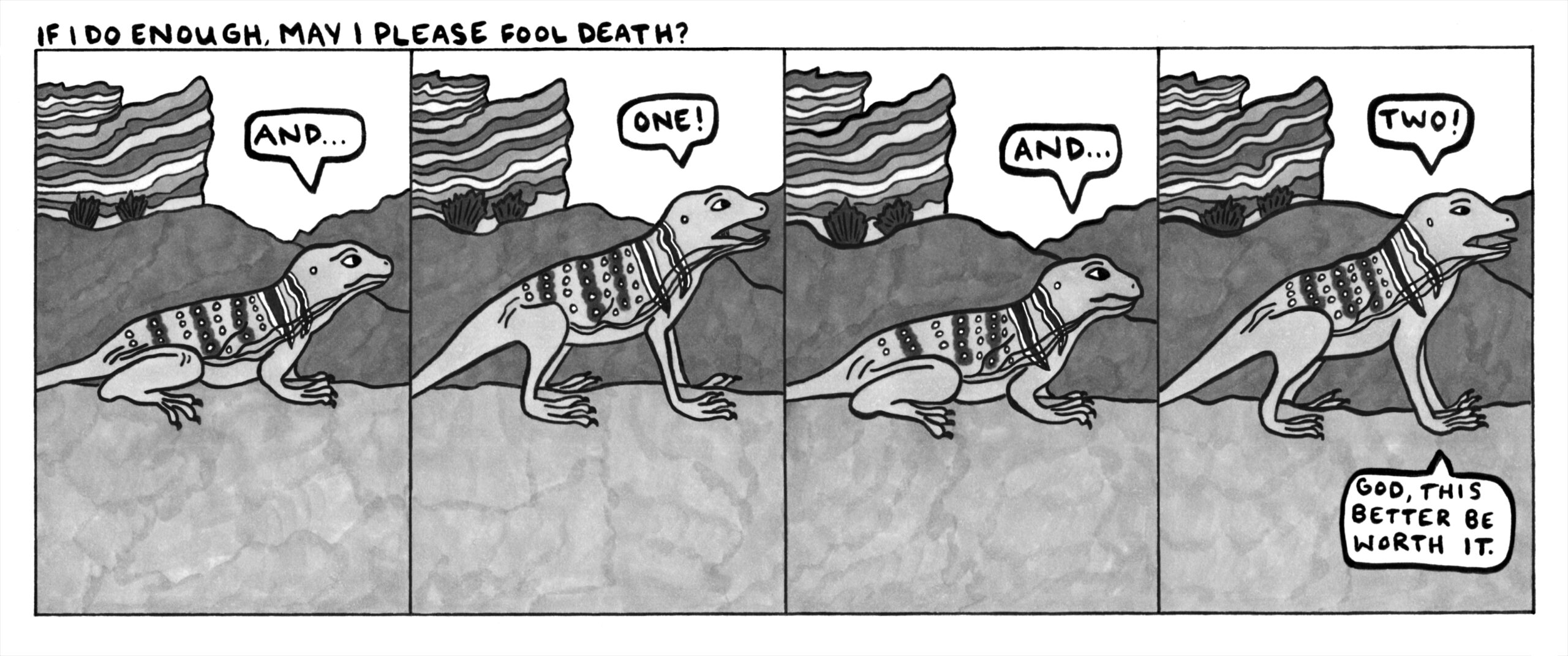I can tell I’ve been at home for too long, because I’ve started searching eBay for old mass market paperbacks, most recently of the novel Sphere. Normally, one could look in used bookstores or thrift shops or garage sales for that kind of thing—I mean, I don’t think Michael Crichton needs my fourteen dollars for a new copy—but now, everything has to be done from inside a bubble, and I feel like I’m reinventing aspects of regular life the way an isolated AI might, based on examples gleaned from TV and the weak tools at hand.
Last spring, I was reading old Stephen King; this feels like the natural evolution. Both are writers I read perhaps too young (should an eleven year old read Pet Sematary? Unclear) and both feel divorced enough from actual human personalities that I can be subsumed in their fantastical nonsense universes without thinking about the book industry. This is a weird blessing for someone who is simultaneously winding up to release a new book of their (my!) own next year.
I’ve been thinking, perhaps naturally, about how being a writer affects my relationship to reading; this topic comes up a lot on literary podcasts, and a lot of writers bemoan their inability to divorce reading from craft awareness, the narrative understanding that we have hammered into ourselves revealing plot points a hundred pages too early, our well-tuned ears catching any small wrong note in the prose.
But to be honest, that stuff doesn’t really bother me: my drive to understand how a story works was always wedded to my love of reading, and I put out antennae for obvious plot turns at a very young age. In fact, I think my love of craft just offers new ways to love reading: I can still be swept away by the magic of a novel, but so too can I appreciate an intricate clockworks of a book that’s meant to operate by rhythm instead of plot noise, a clever subversion of expectation or trope. I can appreciate story, I can appreciate art, I can appreciate where those two elements intersect and where they diverge.
Which isn’t to say—returning to my Michael Crichton point—that my reading has been unaffected by my choice to write professionally. I can’t review a book on any platform without thinking of how the writer might feel about it (and I’m fine with that), and I have a hard time separating new releases from my experience of their publicity campaigns. The relief of a Crichton or a King is the level to which they retain the distant power of a commercial enterprise; their books (the classics, at least) feel like they just exist, the way public utilities do. Which might sound cynically capitalist—relief at a brand?—but I don’t know, it’s a pandemic, I’ll take what I can get.
In other news, my ranunculuses are all done now, with the exception of one last flower; I pulled up most of the corms this weekend so I can dry them out & hopefully replant in the fall. Two poppies bloomed yesterday, and the sunflowers are now adolescent, wobbly, tall-but-small. Meaning a new flower season is on its way. I’ve seen a few neighborhood cacti blooming, which will come for our yard too, in time, until the heat blasts out the color, and summer arrives in its full fury.
